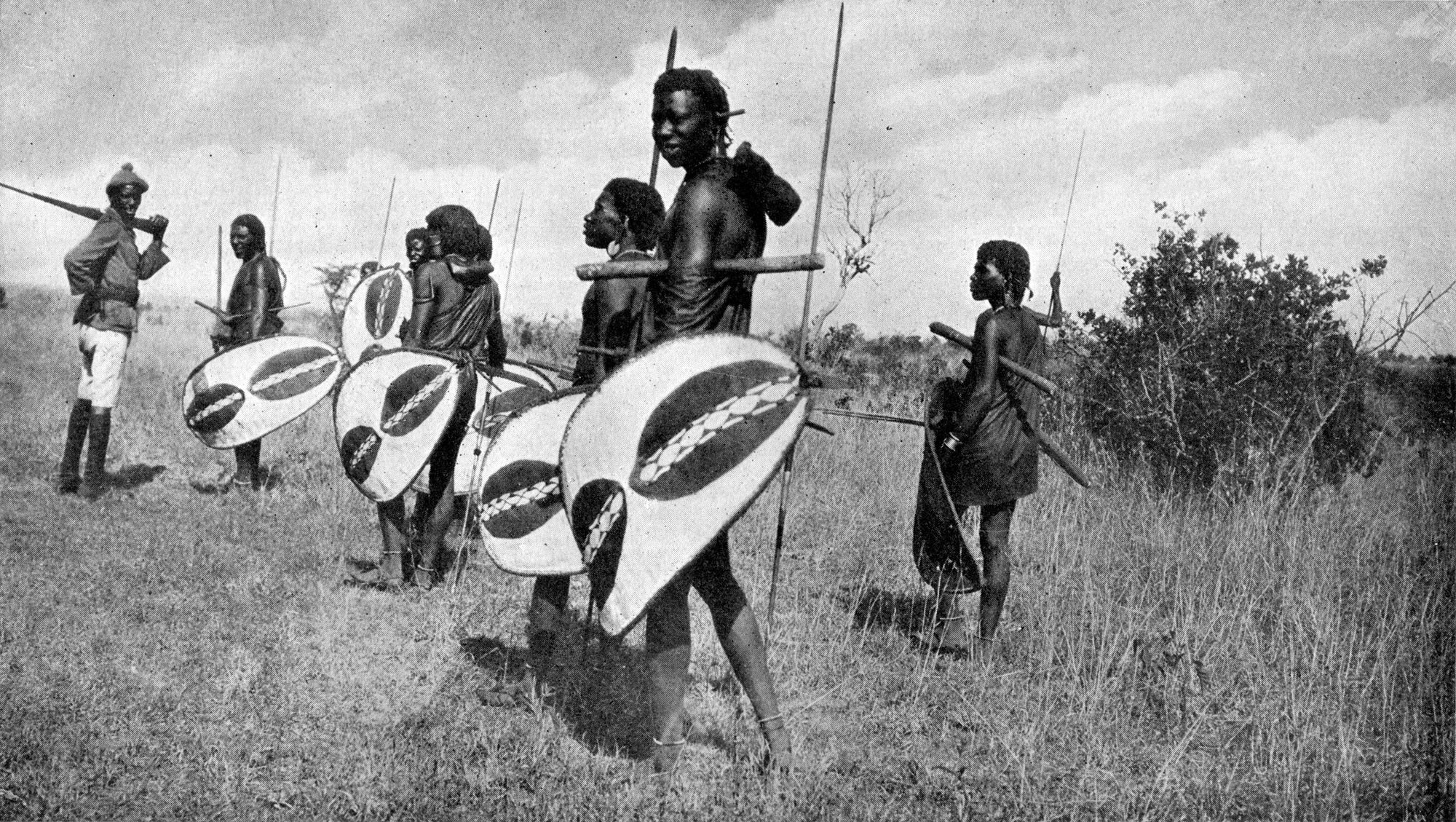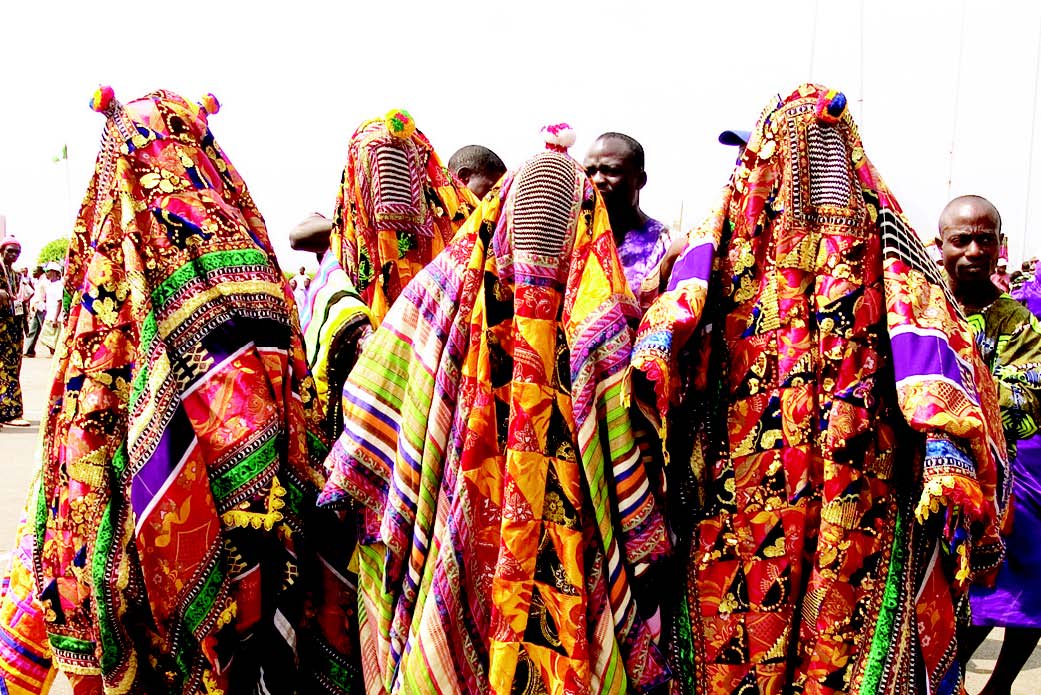The twentieth century has seen a lot of Africans, more specifically South-African celebrities “heeding” and/or opting to become traditional healers, what most of us know as ‘sangomas.’ Celebrities like Boity Thulo, Buhle Mda, Phelo Bala, Dawn Thandeka King, Dineo Langa as well as Dineo Ranaka, to name but a few.
An increase in modern day traditional healers, it has been interesting to see the different dynamics as well as to tackle a role that played a critical function in most African communities in prehistoric times, and still is quite integral in some places in Africa.
A traditional healer is a person who uses long-established methods, often passed down from one healer to another, to treat a person suffering from various illnesses through animal, plant and mineral substances, as well as certain other techniques based on their social, cultural and religious background.
The differences between modern day traditional healers versus traditional healers of the olden days, one might ask … In retrospect traditional healers did not opt to become healers, it was not a spontaneous personal decision as we are seeing at present. Instead, the “duty” chose you. One often became a traditional healer because there was a calling from deep in their lineage, and the natural progression of the duty was assigned by the ancestors.
In the past, traditional healing was considered so sacred that traditional healers were advisors to kings. They worked with kings to restore and maintain order, every decision the ruling house made was confirmed by the village traditional healer. This being the case, there were often very few known traditional healers in any given community and they were not as accessible as is the case today. Furthermore, because the very nature of the role was critical and influential in medieval times, it could not be any random person.
At present we see traditional healers being able to consult through social media, they can further send medication through courier services to clients. These are things that were considered taboo in retrospect. The role of a traditional healer was so revered that even for one to consult you, they had to first confirm with their ancestors, even if you have traveled great distances to find them. Additionally, the medication was considered so potent that only the person it was meant for could handle it. It was not uncommon for people to keel over and die or become incapacitated, or even lose their sanity from coming into contact with “muti” or medicine that was not theirs.
The journey or process of becoming a traditional healer was sacred in the olden days, it was never discussed openly much less documented and published. Which is what we see today, many celebrities have published videos of their initiation ceremonies. Whereas in the past, people only heard rumors and never saw actual sightings, rumors of people being abducted by mermaids and living many years under sea, to later return as one of the strongest healers or of people being summoned by “spirits” into great mountains, missing for years to later emerge as renowned healers.
The other interesting disparity between the two is that in yester-years, because it was a calling, one could not opt out one day or take an extended break. Today we see traditional healers taking hiatus or quitting altogether to pursue other professional careers. This was unheard of in the past because as a traditional healer, it was a solemn duty, assigned to you by god and your ancestors to serve your people exclusively, until they reveal/share otherwise.
There are definitely some significant disparities between traditional healers of the olden days versus modern day traditional healers. It is also quite interesting, however, the fact that most of the modern-day healers are mentored by older, more seasoned ones, who in-fact practiced during the “olden days,” which could suggest that olden day healers are also receptive of and openly practicing modern day approaches.









